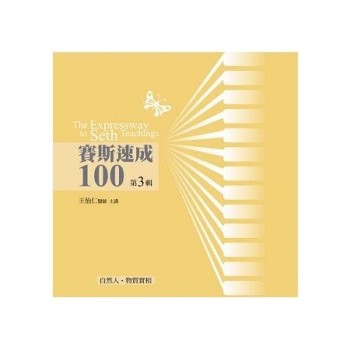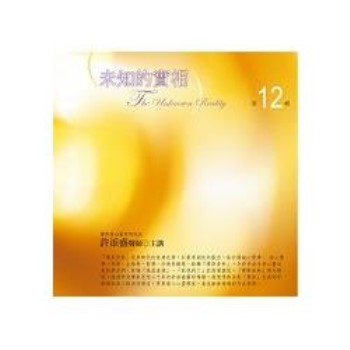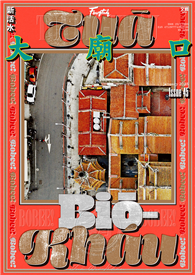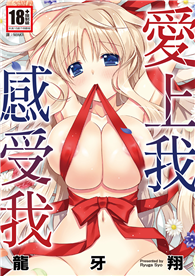This collection focuses on the post-independence educational development in Zimbabwe. It shows how the ZANU PF regime has presided over the demise of education, and covers a wide range of topics such as violence against teachers, poor salaries, student activism, minority languages, and curriculum innovations. The overarching argument of the volume is that regime has used education as a tool for repression, and for the continued existence of ZANU PF. Curriculum innovations introduced and implemented in Zimbabwe have little to do with improving the performance of the learners, and more to do with keeping teachers busy so that they do not push the regime change agenda. Consequently, this has resulted in a nation in crisis, marked with high labor turnover, brain drain, poor economy, and mass exodus of both teachers and learners. The contributors to this volume make various suggestions which could recenter education towards addressing the lived realities of the learners, as opposed being used as a tool to push repression and thwart democracy.












